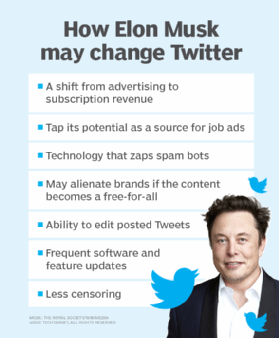Concerns Mount Over Potential Foreign Influence Behind Anonymous Accounts Amplified on X

San Francisco, CA – A recent social media post by commentator Adam Townsend has ignited discussions regarding the potential for anonymous, high-reach accounts frequently amplified by X (formerly Twitter) owner Elon Musk to be linked to foreign influence operations. Townsend's tweet directly questioned, "How do we know that the mega sized anon accounts that favor Musk and he’s prone to RTing and amplifying - aren’t CCP/Russian/Bill Nye/Qatar influence agents."
The tweet highlights a growing concern among observers about the integrity of information on major social media platforms. Foreign state-sponsored actors, notably from China and Russia, are well-documented for conducting sophisticated influence operations. These campaigns often leverage networks of fake accounts, AI-generated content, and coordinated inauthentic behavior to spread disinformation, manipulate public opinion, and sow societal division.
Elon Musk, since acquiring X, has been a prominent figure in online discourse, frequently interacting with and amplifying various accounts. This amplification, particularly of anonymous profiles, raises questions about the origins and motivations behind content that gains significant traction on the platform. Experts note that the challenge lies in distinguishing genuine grassroots engagement from covert, state-backed efforts designed to appear organic.
The inclusion of "Bill Nye" and "Qatar" in Townsend's tweet appears to be rhetorical, emphasizing the perceived difficulty in definitively identifying the true puppet masters behind such accounts. This rhetorical flourish underscores the broader issue of attribution in the complex landscape of online information warfare. The opacity of these operations makes it challenging for platforms and users alike to discern legitimate voices from those with ulterior motives.
The ongoing struggle to identify and counter foreign information manipulation poses a significant threat to information integrity and public trust. As social media platforms continue to be central to public discourse, the ability to verify the authenticity of influential accounts and the content they promote remains a critical challenge for platform operators, governments, and the public.